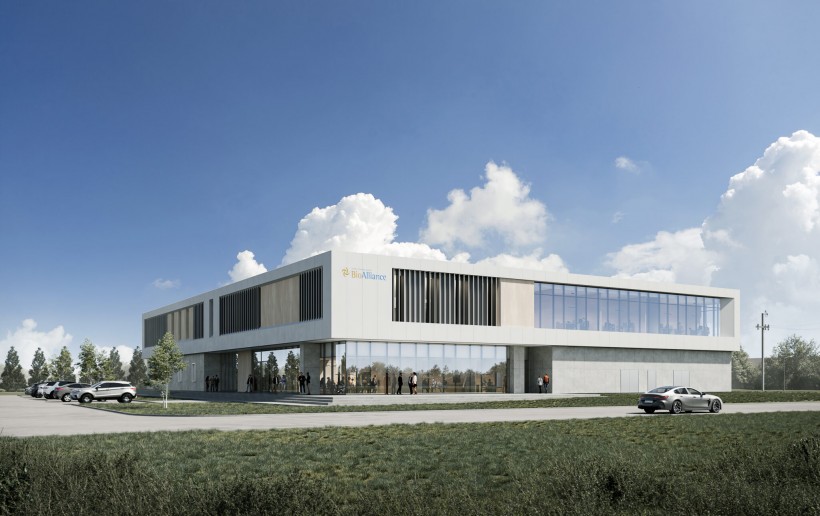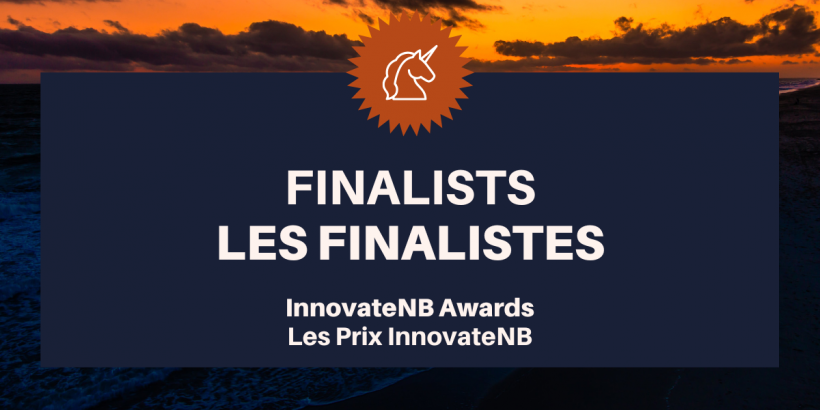Performance Genomics Inc., which uses genomics to identify the most fertile animals in a herd to increase the reproduction of livestock, won a highly competitive BioInnovation Challenge at BioPort Atlantic on Thursday, walking away with $40,000 in in-kind services.
The Truro-based company was spun out of the Nova Scotia Agricultural College and has established a genetic-selection model that allows the identification of mice that have maximum fertility, thereby doubling the fertility of a group of mice overall. Chief Executive Michael Dennis said the genetic makeup of mice is about 80 percent similar to that of cows, so the discovery should apply to “what is the most-bred form of livestock – the Holstein dairy cow.” The company plans to have its product targeting cattle on the market by 2014.
Performance Genomics has established proof of concept and identified a major partner that could license the technology. The market for using the product just with dairy herds in North and South America, Europe, Australia and New Zealand is about $765 million, said Dennis, and the Asian market may be the most attractive of all.
He said the fertility of milk-producing cows has been declining in the past few decades, which is robbing farmers and agricultural companies billions of dollars. If Performance Genomics is successful in returning cattle fertility to previous levels, it could free up $12 billion for the global dairy industry.
“This is a rapidly moving, disruptive science,” he said.
Performance Genomics, which has raised $388,000 previously through Community Economic Development Investment Funds, or Cedifs, is now looking for $250,000 in equity financing.
Ken Richards, a judge at the BioInnovation Challenge and principal at York Bridge Capital of Toronto, said the decision to award first place to PGI was based on the, “clearest and shortest path to market.”
The value of this win extends beyond the $40,000 in services that Performance Genomics will receive as a prize. It’s a win for two overlapping groups that should be highlighted more in the innovation community – innovators in rural communities; and the foodtech segment. It’s a win for the young Perennia food technology centre in Truro, and for the genomics community in the region, represented by Genome Atlantic.
And it’s not a win that came easily, yesterday or over the long-term. This company incorporated in 1997 and has spent 15 years getting to this point. And in the BioInnovation Challenge competition organized by BioNova it faced six strong competitors, most of whom have already raised equity from angel and/or venture capital backers.
The finalists were Dartmouth Medical Research, DeCell Technologies Inc., Coccicorp, Densitas, Mindful Scientific, and SABRTech.







